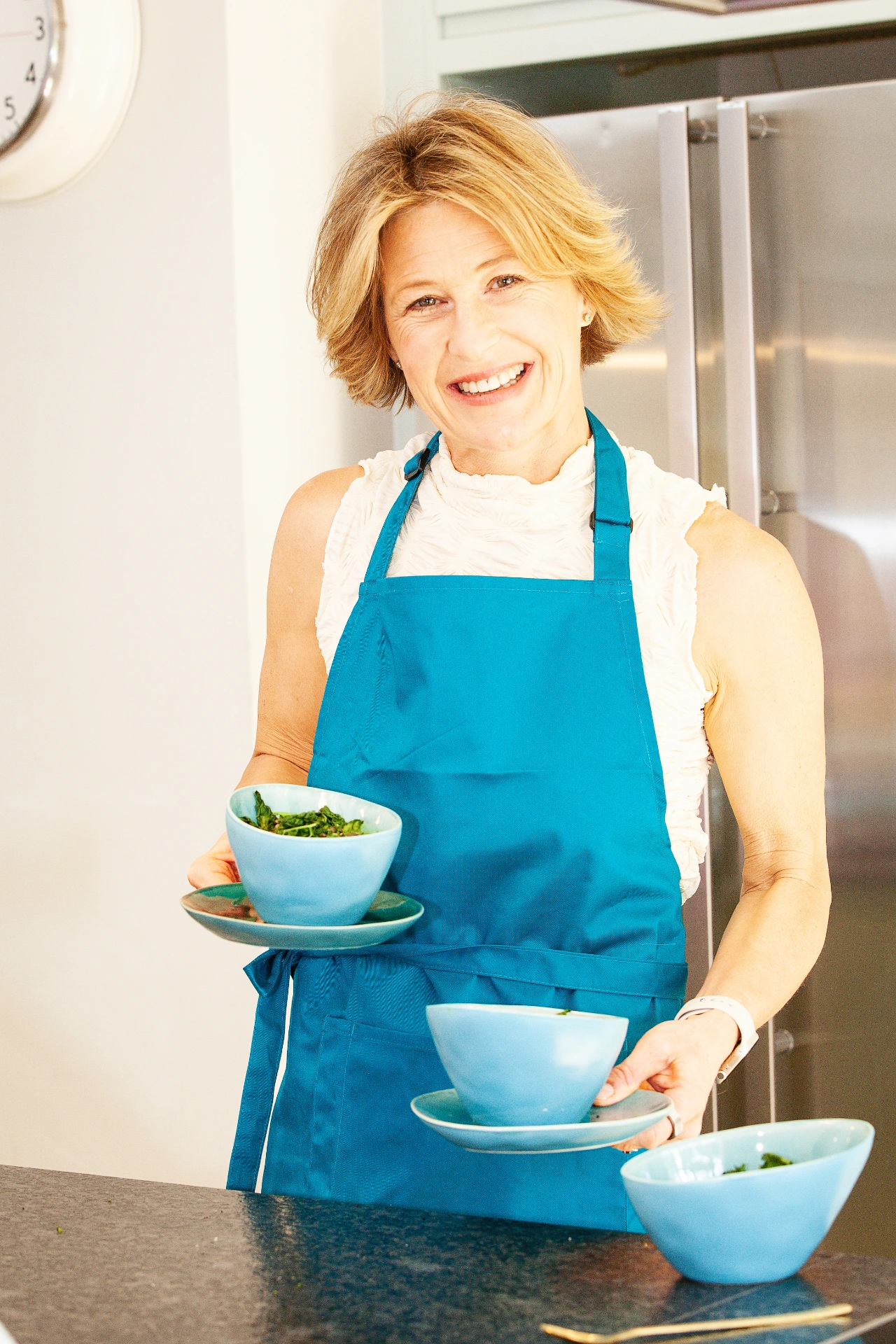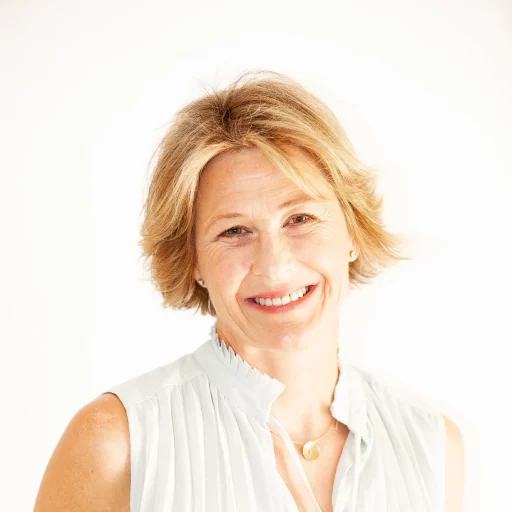
Why is iron important?
I covered who may be more likely to have an iron deficiency and many of the symptoms in in part 1 of my iron posts. This time, let’s talk more about what can happen in a deficiency state and what iron does in the body. This shows how its presence, or lack of, can affect our health on a larger scale.
Iron Deficiency Anaemia
Too little iron leads to iron deficiency anaemia, this is well known, but what exactly IS anaemia?
Iron deficiency anaemia is different to the anaemia caused by a deficiency in B12 or folate. In iron deficiency anaemia, our blood cells are under-developed and lack sufficient haemoglobin for oxygen transportation in the body. This means that our tissues such as brain and muscles that are dependent on oxygen become deprived.
What Function does Iron Have in the Body?
- The body contains around 4g iron.
- Iron forms part of our haemoglobin, which is the oxygen-carrying component of the red blood cell.
- Red blood cells pick up oxygen from the lungs and distribute the oxygen to tissues throughout the body. If we lack iron, we will produce less haemoglobin, and therefore supply less oxygen to our tissues.
- Iron is also an important constituent of another protein called myoglobin. Myoglobin, like haemoglobin, is an oxygen-carrying molecule, which distributes oxygen to muscles cells, especially to skeletal muscles and to the heart.
- Iron is needed to make ENERGY in the mitochondria
- Iron works with anti-oxidant enzymes in the human body acting as a co-factor, such as catalase.
- Iron is involved in the production of carnitine, a non-essential amino acid important for the proper utilization of fat. The function of the immune system is also dependent on sufficient iron.
- Iron is required for a number of vital functions, including growth, reproduction, healing, and immune function as well as DNA synthesis, again by driving the enzymes that perform these functions.
- Iron is necessary for the production of antibodies, enzymes and white blood cells.
- Iron is needed for the detoxification of some drugs and bacterial toxins.
- On the flip side, too much iron can also suppress the immune system, so we need just the right amount.
About Dominique Ludwig, Nutritionist MSc and Nutritional Therapist mBANT
Dominique Ludwig is an accomplished Nutritionist with over 30 years’ experience as a qualified nutritionist and 16 years as a nutritional therapist. The secret weapon of many high-profile clients and A-list celebrities, Dominique has been voted one of the top 15 nutritionists in the UK.
She is the founder of the Nutrition and Lifestyle Programme Renew Reset Recharge®. This is a pioneering nutrition, weight management and lifestyle programme all rolled into one. Working out of her busy practice and The Meyer Clinic, Dominique has helped over a thousand clients, globally, live healthier lives. She is a regular contributor to The Times, The Sunday Times and Times 2.
To work with Dominique, either contact her via Dominique Ludwig website or book a free DISCOVERY CALL
DISCLAIMER
Features published by Dominique Ludwig are not intended to treat, diagnose, cure or prevent any disease. Always seek the advice of your GP or another qualified healthcare provider for any questions you have regarding a medical condition, and before undertaking any diet, exercise or other health-related programme.





